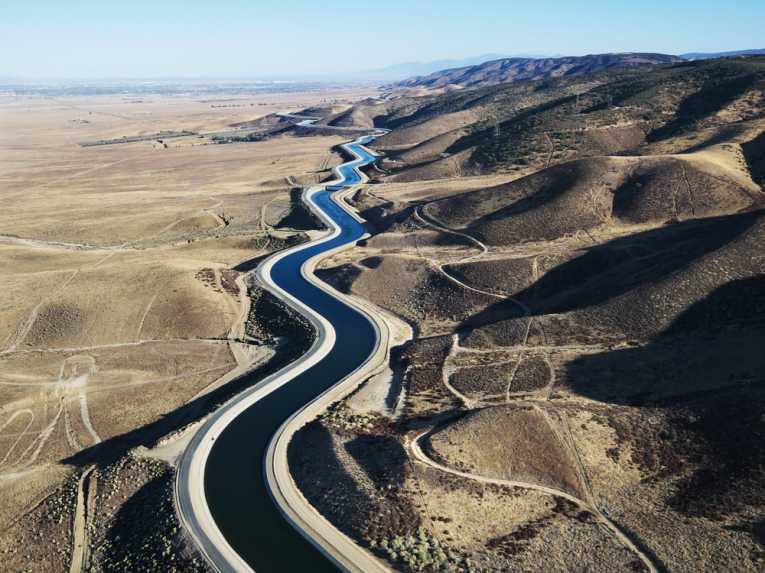Water is playing a major role at the World Economic Forum, in Davos, this week. There is the launch of a new initiative, the Water Resources Group, a public-private partnership tasked with supporting developing countries facing water scarcity with water reforms. The WRG, initiated in 2010, has engaged several countries, including India, Mexico, Jordan, China, and South Africa in a process summed up by the nifty acronym ACT (analysis - convening - transformation). The next step is to analyze the results of these pilots and develop a proof of concept which will be the foundation for a new public-private entity that will support water management reforms in developing countries for the long term.
Members include the World Bank's International Finance Corporation, USAID, McKinsey & Company, and a consortium of business interests, including Nestle, New Holland Agriculture, and Coca-Cola. One could be excused for becoming fearful of water privatization upon glancing at the membership list. And surely this will be an issue moving forward. This angle, of course, is that the WRG represents the unification of multinational corporations in an effort to influence water policy in developing countries to their benefit and at the expense of the local population and environment.
The critics will also decry the difficulty of implementing such an effort. Water issues are highly localized. Developing a model applicable to all situations will be quite a challenge. And let's face it: the corruption plaguing many developing countries will pose a significant obstacle to real, equitable water management reforms at the national level.
On the other hand, the elevation of the water dialogue to this level is clearly warranted and necessary what with the spectre of climate change, rising population, and constrained resources. That business, banks, NGO's, and others are at least talking about water issues at the global level is refreshing. Developing national water plans, as is the goal of the WRB, has the potential to be a useful and revolutionary tool. The US, which has been criticized for not having one, could do well to sit up and listen as well.
The World Economic Forum is taking water seriously. It's initiated the WRG and it's produced two compelling reports: Charting Our Water Future and Water Security: The Water-Food-Energy-Climate Nexus. This is a good thing, despite fears of water privatization, so long as a balance between business, public, and environmental needs are maintained. A glance at the WRG export advisory committee indicates the potential for such a balance. Peter Gleick, a visionary water policy guy from the Pacific Institute, is there, as well as representatives from World Wildlife Fund and the International Water Management Institute.
The results of WRG pilots could certainly serve as a model for national water reforms. This is important and difficult work but someone has to do it. The concept - leveraging the expertise and perspective of a multi-stakeholder platform to help governments implement water reform - is innovative and thoughtful. Of course, questions linger. How will local stakeholders interface with the group? Will business, public, and environmental needs be balanced? Is this a viable model moving forward? Only time will tell.










